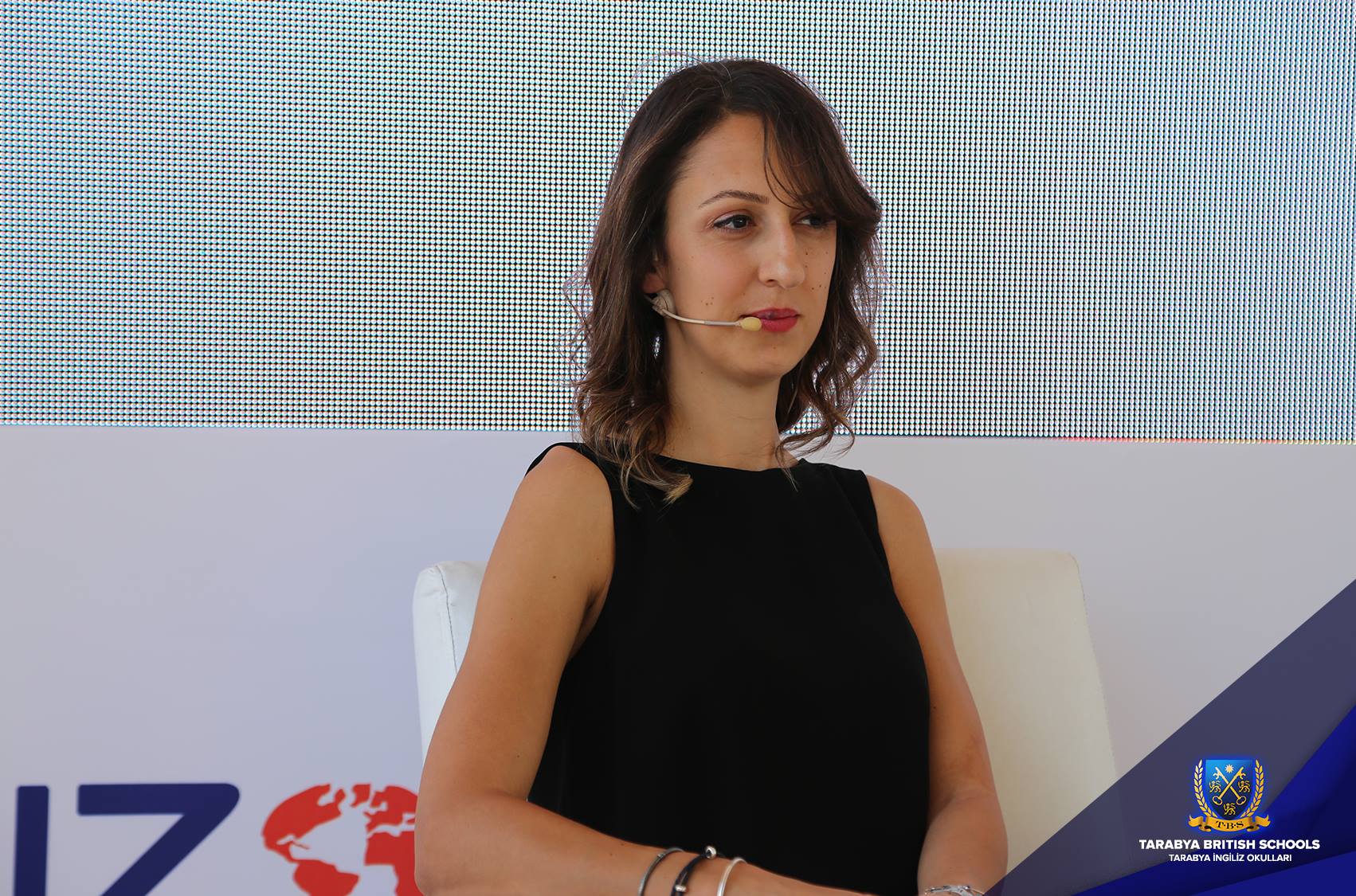FOR A SOLID NATIONAL EDUCATION, A UNIVERSAL EDUCATION FIRST
On Saturday 14th May, at the Yenikoy campus of the TBS there was a discussion panel, organised by Turkish and European educators, in Istanbul. The premise of the event was “universal education model was fundamental for a solid national education”.
The founder of TBS, Mehmet Gültekin, gave the opening speech, pointing out that one of the biggest problems Turkish students are facing when applying for studying abroad is the credibility of their diploma. Gültekin also stated that Cambridge curricula were being successfully applied on the national curriculum in both state schools and private schools.
Panel members were Prof. Dr. Ziya Selçuk TED University Chairman of the Board of Regents, Gisella Langé of the Italian Ministry of Education, Tim Chadwick of Cambridge University Publications, Burcu Benderli, Cambridge International Examinations European District Manager and Cambridge Associate Schools Academic Director Janet Williams.
















